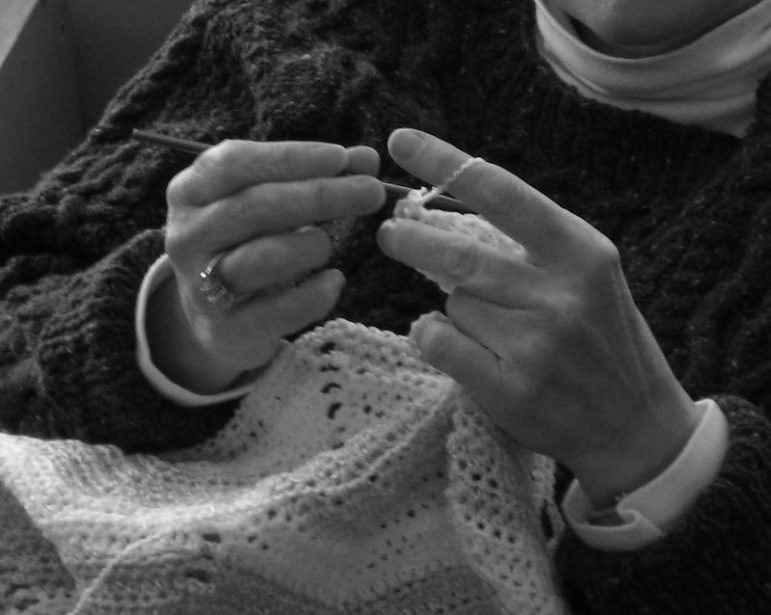‘Even as social adult day cares work round-the-clock, New York State’s Medicaid-sponsored managed long-term care plans have cut out the much-needed service to the vulnerable adults, most of who are seniors and require their care for basic mental-health needs.’

As the coronavirus pandemic immersed the city and the world over the past four months, New York City’s social adult day care centers (SADC)—who provide care to thousands of vulnerable adults under New York State’s Medicaid-sponsored managed long-term care plans (MLTCPs) benefit package—are fighting for their lives and the lives of their members.
Even as social adult day cares work round-the-clock, MLTCP plans have cut out the much-needed service to the vulnerable adults, most of who are seniors and require their care for basic mental-health needs, replacing them with home care, which most clients do not want for various reasons. During the pandemic, the home-health aide posed a risk of infecting the client and bringing it into the home. Most members do not want a home-health aide, let alone one for five to seven days a week during the pandemic, which increases their risk of exposure to the virus.
Social adult day care centers provide basic mental-health care, and most importantly, socialization services to mentally, physically, and functionally-impaired adults. Engaging seniors in stimulation activities, facilitating with technology such as Zoom and Facetime calls, interfacing with social services on their behalf, providing medication reminders, grocery and other shopping needs, and generally serving as a familiar voice and face—it is clear that social adult day cares are a lifeline for New York’s most unprotected population.
Centers are being forced to care for seniors at their own cost or receive a small compensation from the MLTCP’s. All the while, the center staff is risking their health and the health of their families by going to each client’s house every day to deliver much needed items.
 CityViews are readers’ opinions, not those of City Limits. Add your voice today!
CityViews are readers’ opinions, not those of City Limits. Add your voice today!
Social adult day care centers provide services across every language, ethnicity, and cultural background to adults who are the most disadvantaged, chronically ill and who are often experiencing language barriers. Social adult day care centers are the seniors’ “home away from home.” Providing clients with hot and nutritious meals daily, PPE supplies so that they are able to go to dialysis and doctor appointments, providing books, arts and crafts, yarn to crochet, puzzles, social services and going to the store to purchase simple necessities are all things that none of the MLTCPs are willing to do.
At the beginning of the pandemic, the MLTCPs cut adult day care services to their members, stating that they would instead provide daily checkups and medication reminders, yet MLTCP case managers have an average of 120 to 250 members each; it would be impossible to check in on each and every senior participant in a thorough manner and make sure they have all of their health needs met. Most members do not know how to reach their care managers at the MLTCP or who the care manager is; calling needy senior clients once a month is simply not acceptable.
New York’s social adult day care centers have been recognized by Empire State Development as an essential service. The Department of Heath issued guidance alerting all parties that SADCs were not closed, and on the contrary, working around the clock to ensure the well-being of senior participants.
Yet today, the MLTCPs—months into this global health crisis—will not acknowledge the Department of Health’s guidance, and will not pay for the services and care that the SADCs are providing to their respective communities and members. This reckless behavior demonstrates the MLTCP insurance companies’ deeply dangerous judgement.
New York City and state need to step in and assist social adult day care providers, many of whom are funding teleservices—including staff, meals, personal protective equipment (PPE) and 24/7 care—out of their own pockets. While the governor has been giving daily state-of-the-response briefings, social adult day care centers are scrambling to make ends meet while caring for New York’s most exposed and at-risk adults and seniors. When a person is alone without any socialization (especially an elderly person or a person with mental health issues, dementia or Alzheimer’s) isolation and depression sets in and has a deleterious effect on their mental health. Without socialization and services provided by the social adult day care centers, their health will almost certainly deteriorate.
The Coalition of New York City Social Adult Day Cares—representing 56 centers servicing over 10,700 members—needs New York City, New York State, and MLTCPs to stand behind SADCs across all five boroughs, and allow the SADCs to continue providing care to this underserved population as long as possible.
The fact is, SADCs cannot continue forever without the cooperation of MLTCPs. While today’s economic climate has many businesses and organizations in distress, in order for centers to continue providing vital services to a diverse population of adults and seniors, there can be no more uncertainty about and who will care for the seniors that comprise New York’s low-income communities. These seniors deserve respect, compassion, and proper care in their golden years— and it should not be hindered by corporate ignorance or opportunism. If the city and state does not step in to assist social adult day care centers, it is unclear how long they can continue to care for New York’s most vulnerable and whether they will exist after the pandemic.
Victoria Milo is a member of the Coalition of New York City Social Adult Day Care Centers.









One thought on “Opinion: Adult Day Care Stepped Up for Seniors, Needs NYS Help”
Home care services are critical and no one should be targeting them as a threat in the pandemic.
Seniors in a close-quarter congregation setting is as much or more dangerous than receiving home aide services.
We should not be “pitting one Medicaid service against the other”.